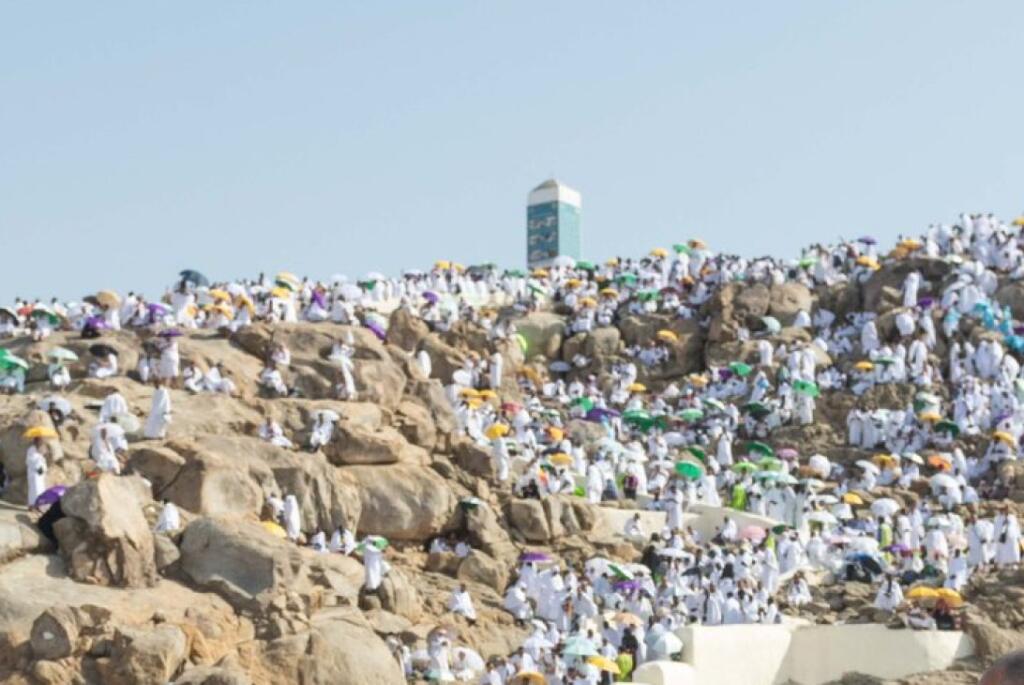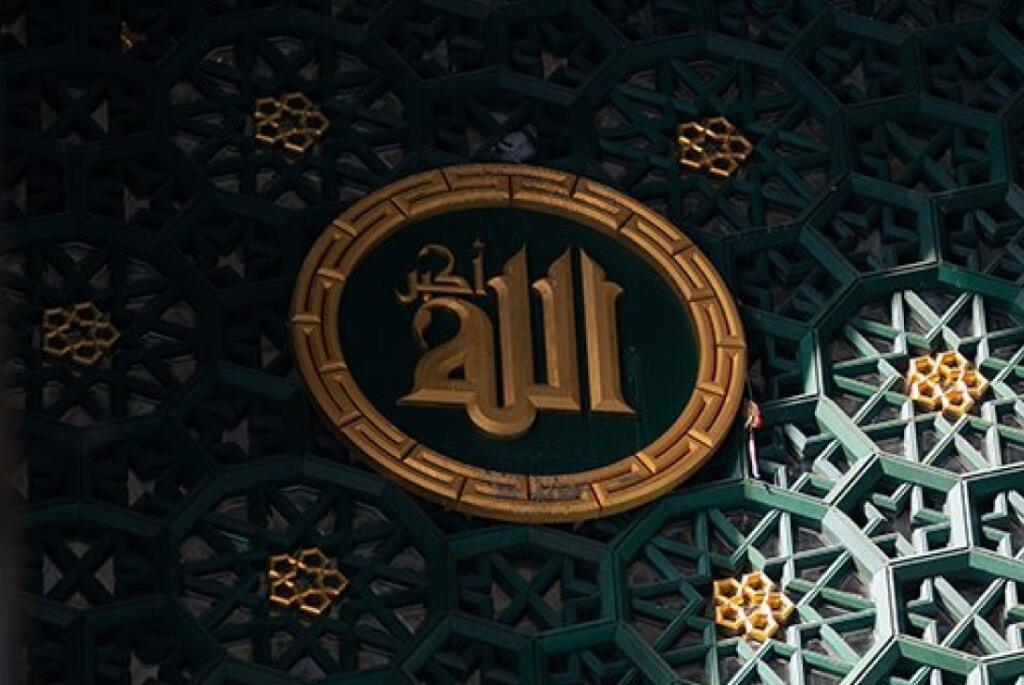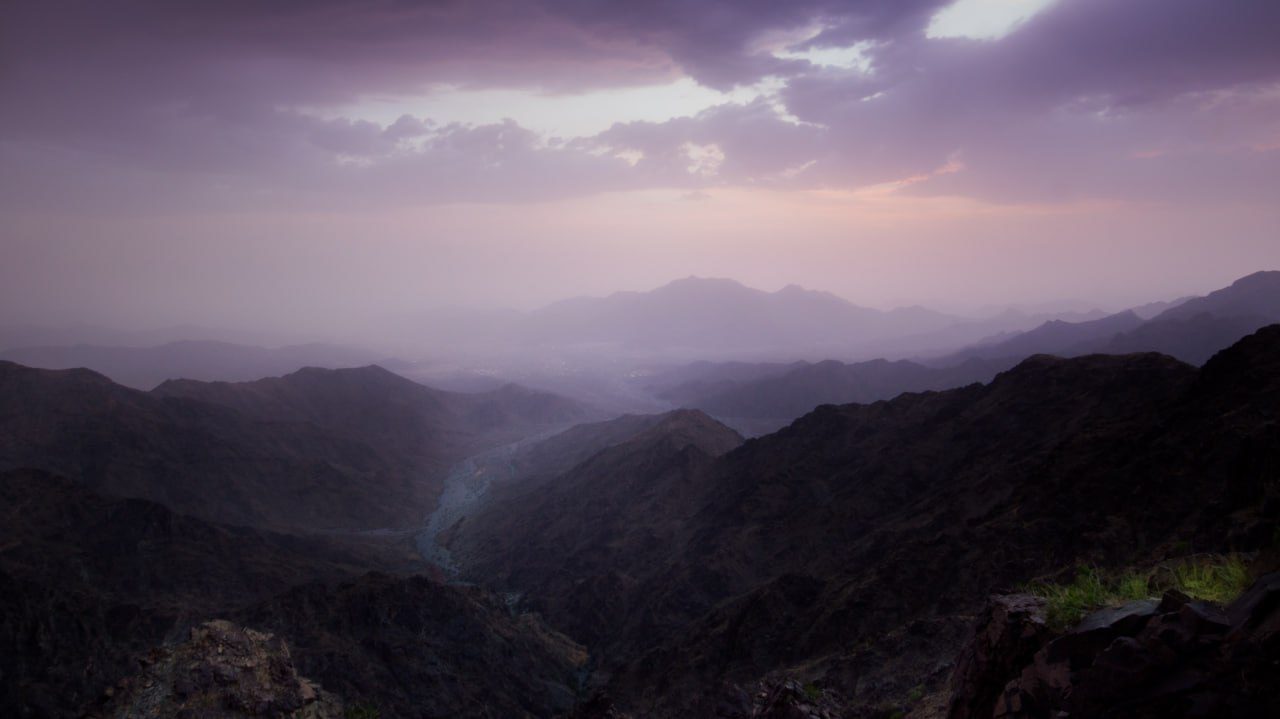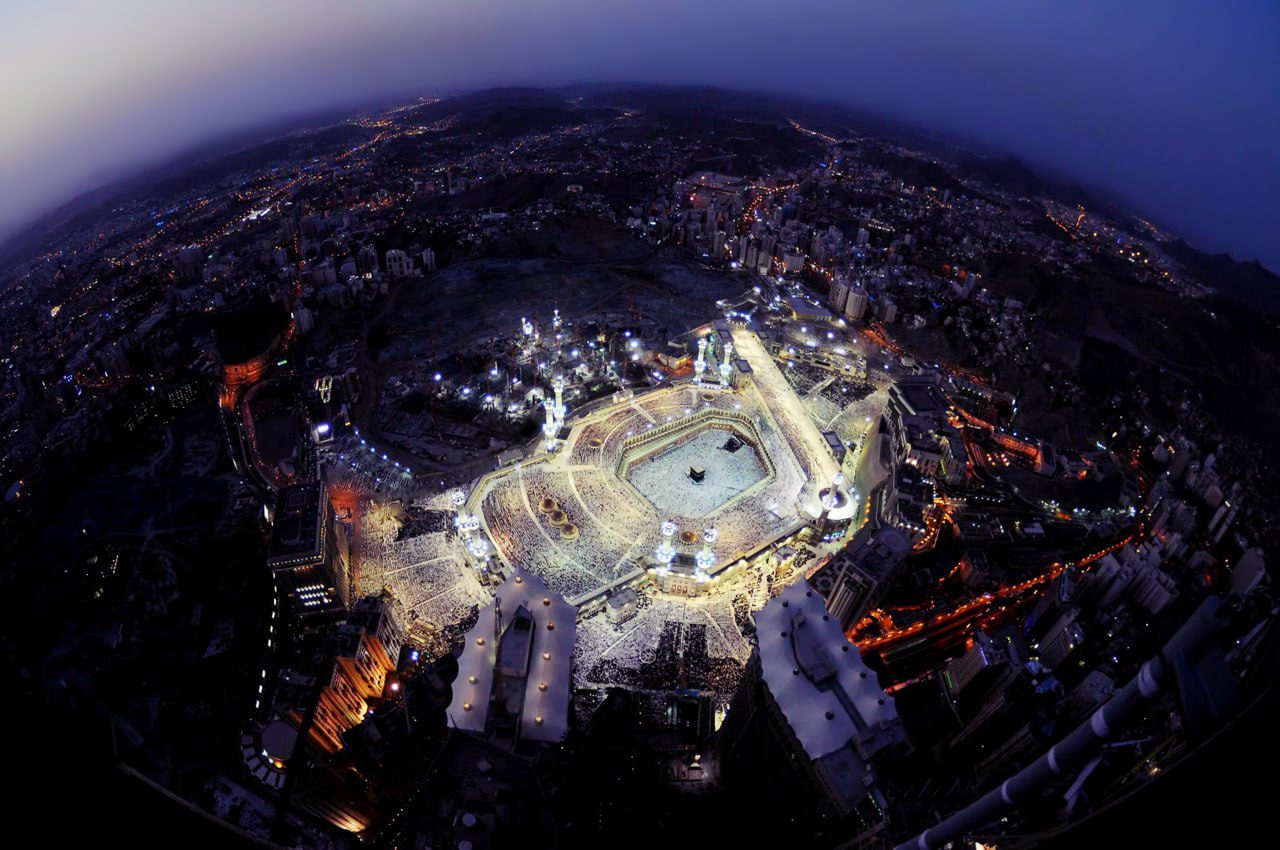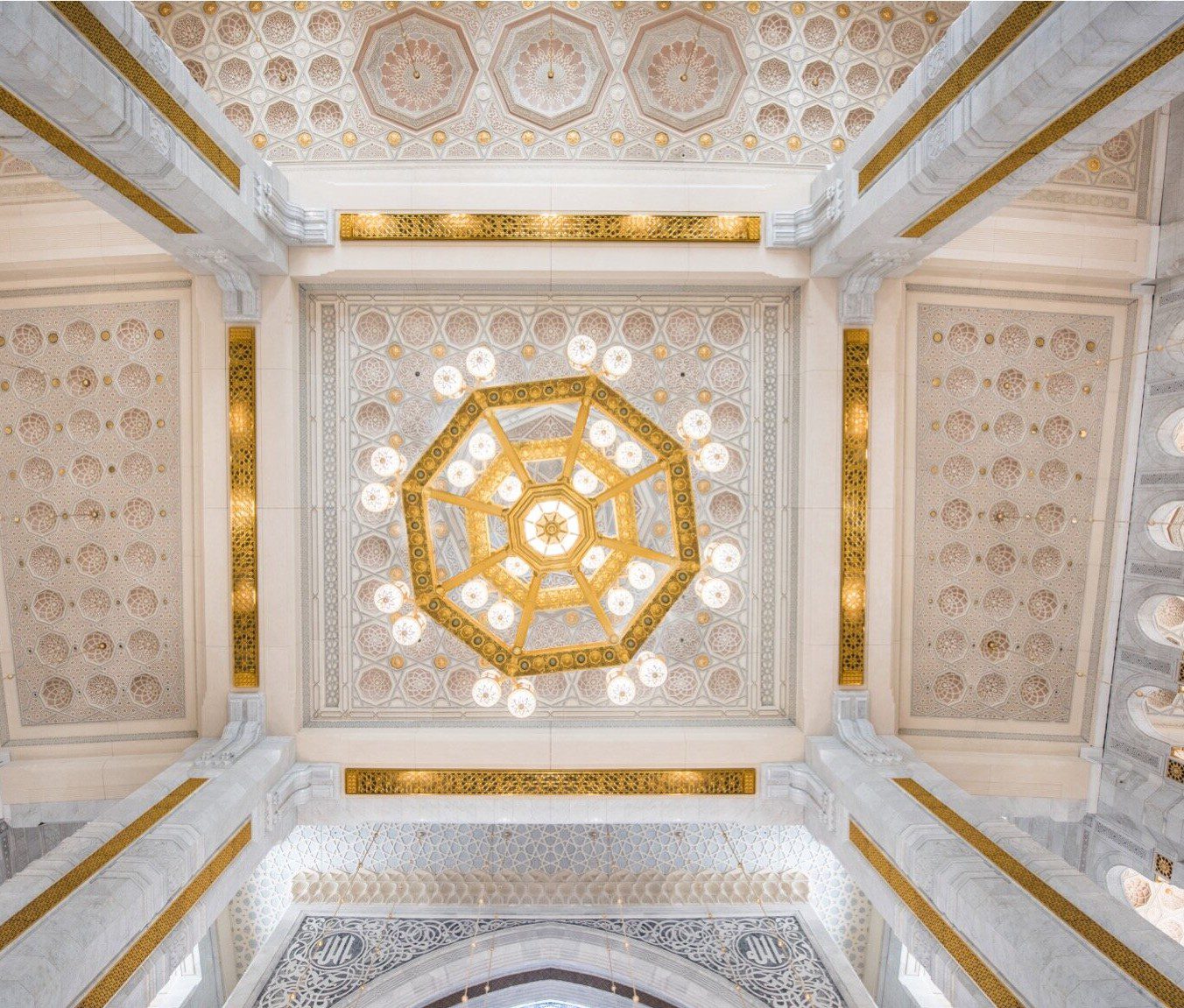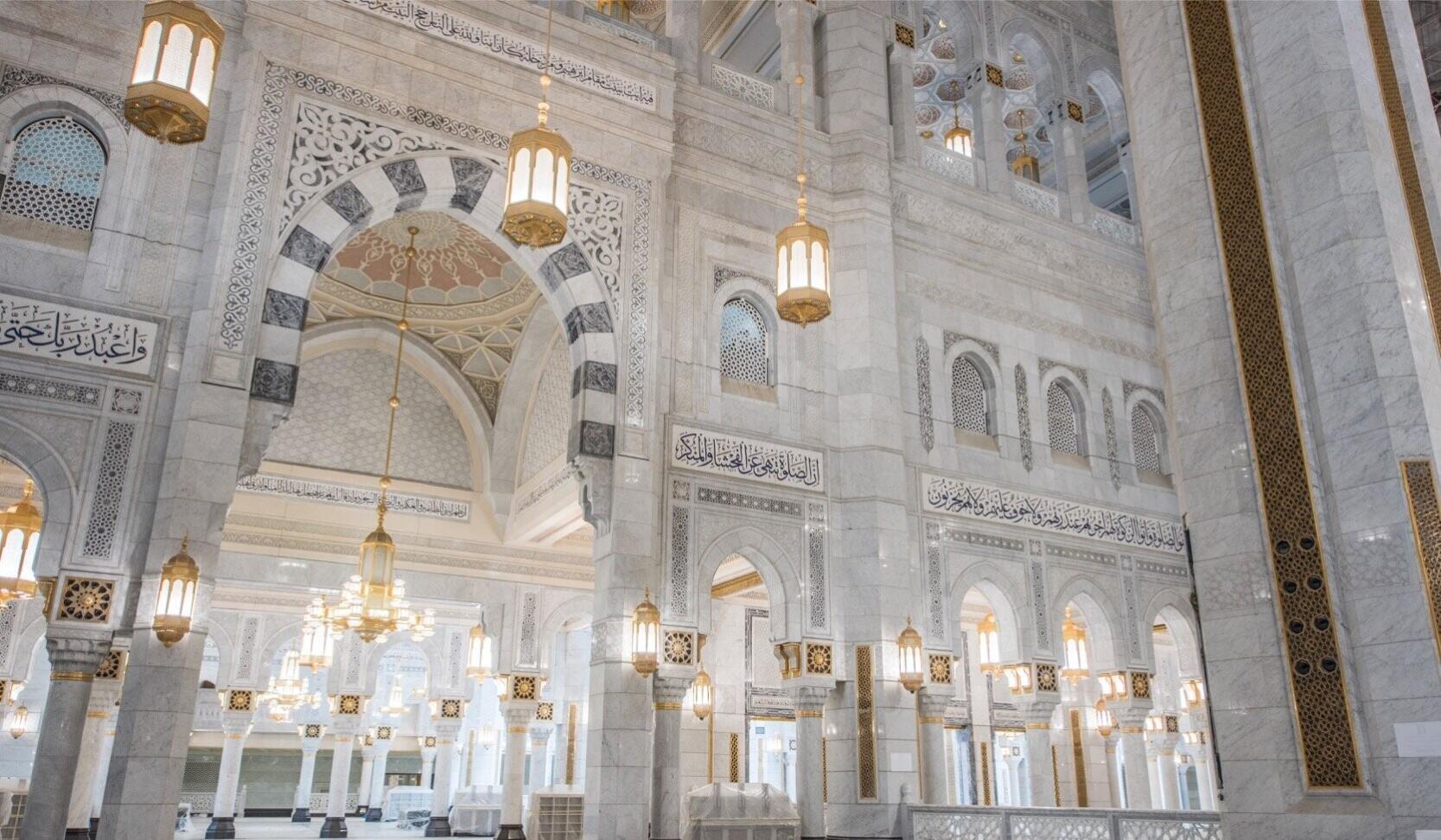When we have to undertake a project, we invest a great deal of time and effort into ensuring the project will be successful. Projects are initiated, planned out, then executed and monitored. And once they are completed, they are evaluated.
If we can do this for projects at work, then how much more deserving is the ‘project’ of ḥajj: a once-in-a-lifetime transformational opportunity and the ultimate journey of a believer seeking the pleasure of Allah and the reward of Paradise? For anyone who longs to meet their Lord with a record full of good deeds, ḥajj is the ‘dream project’.
But just like any successful endeavour, an accepted ḥajj requires preparation. In order to create a plan which will help us to successfully complete this journey, we should be clear about its objectives. The core objectives of ḥajj are to:
1. Renew Tawhid and Ikhlas
At its core, ḥajj is a journey of tawḥīd (affirming Allah’s Oneness) and ikhlāṣ (sincerity). Both are deeply intertwined in every step of this sacred pilgrimage. Jābir (raḍiy Allāhu ʿanhu) said, “The Prophet ﷺ entered the iḥrām with tawḥīd i.e. the talbiyah” (Muslim). He named the talbiyah ‘tawḥīd’ due to it being the essence of ḥajj.
Throughout this journey, constantly affirm Allah’s Oneness and strive to attain ikhlāṣ by doing everything to seek the pleasure of Allah Alone. Renew your intentions through every step of the journey.
Reflect: What is your primary intention for going to ḥajj? Is it solely to please Allah?
Act: Renew your intention every day to ensure your ḥajj is only to attain Allah’s pleasure.
2. Deepen ʿUbudiyyah and Love of Allah
Ḥajj is a powerful training ground for developing ʿubūdiyyah (true servitude to Allah) where you embody humility, submission, and unwavering obedience. Every act of worship is infused with deep love and longing for Him. It is through this journey that you transform from simply performing acts of worship to becoming a true servant of your Lord.
Reflect: Do you submit to Allah’s commands with unwavering obedience or do you hesitate?
Act: Perform one act of worship today that is infused with deep longing and love for Allah.
3. Honour the Sacred Symbols of Allah
One of the main purposes of ḥajj is to train your heart to honour, respect and be in awe of the sacred symbols and boundaries set by Allah. Allah ﷻ has chosen certain visible signs — specific places and actions — that are overflowing with His mercy and serve as reminders of Him. These are His shaʿā’ir (symbols), and when you honour them, it shows sincere īmān, deep love, and true taqwā in your heart. In Sūrah al-Ḥajj, Allah ﷻ says, “And whoever honours the symbols of Allah — indeed, it is from the piety (taqwā) of hearts” (22:32). On the other hand, ignoring or disrespecting these symbols reflects a weakness in īmān and a lack of fear of Allah.
In essence, when you honour the symbols of Allah, you are honouring and glorifying Allah ﷻ Himself, and this is the very core of worship. Al-ʿIzz b. ʿAbd al-Salām (raḥimahullāh) writes, “The intended outcome of all acts of worship is to magnify, venerate and be in awe of God.”
Reflect: What are the sacred symbols of Allah around you? (e.g. your local masjid, the Qur’ān, the adhān). Are you giving them the honour and respect they deserve?
Act: Choose one sacred symbol of Allah this week and show it the respect it deserves by honouring it with a specific sunnah action (e.g. taḥiyyatul-masjid when you enter the masjid; responding to the adhān according to the sunnah).
4. Develop Taqwa
One of the foremost goals of ḥajj is to attain taqwā. In the āyāt of ḥajj, Allah constantly emphasises the importance of taqwā before, during and following the journey. Taqwā is to protect yourself from Allah’s wrath and punishment by avoiding His prohibitions and implementing His commands. Ḥajj is the perfect training ground to develop taqwā, exercise self-restraint and stay away from sins, especially of the tongue and eyes.
When the rituals of ḥajj fill you with the awe of Allah, the ultimate fruit of your journey, taqwa, will begin to blossom.
Reflect: How many things that Allah has prohibited are you still committing?
Act: Make a list of all your major and minor sins. Commit to removing all your major sins from your life.
5. Practise Mindful Dhikr
Allah made ḥajj an obligation so that His servants could remember Him. Every step of the journey, from the moment you leave home to the final farewell, is filled with glorifying, praising, and calling upon Allah. At every stage — ʿArafah, al-Mashʿar al-Ḥarām (Muzdalifah), qurbānī, and the Days of Tashrīq — Allah ﷻ specifically commands remembrance of Him. Ḥajj, at its core, is a journey of dhikr (remembrance).
When the Messenger of Allah ﷺ was asked which pilgrims attain the greatest reward, he replied, “Those who remember Allah the most” (Aḥmad).
Being in sacred places softens the heart and makes it easier to remember Allah with reflection. Use this time to train yourself in mindful dhikr; not just with words, but with full presence of heart. Let it become a habit that stays with you long after your ḥajj ends.
Reflect: Currently, on average, how many times in one hour do you remember Allah?
Act: Increase your remembrance of Allah by engaging in dhikr after every ṣalāh.
6. Raise Your Duʿa
Duʿā’ is an integral aspect of ḥajj. The Prophet ﷺ dedicated hours to making duʿā’ at various steps of the journey: during ṭawāf, standing on Ṣafā and Marwah, standing in ʿArafah and Muzdalifah, and after pelting the jamarāt.
Duʿā’ is the essence of recognising who you are and who Allah is. You go to Him with your desperate need, and He responds with endless generosity. Making heartfelt duʿā’ for long periods of time and developing a habit of munājāh (intimate conversation with Allah) doesn’t happen overnight: it requires planning and practice.
Reflect: How long on average is your duʿā’?
Act: Take out time this week between ʿAṣr and Maghrib on a Friday, and make duʿā’ to Allah for twenty minutes.
7. Embody Good Character and Work on Your Heart
Amid the crowds, long hours of waiting, and physical strain, a true pilgrim learns patience, humility, kindness, and generosity. It’s in ḥajj that you’re reminded to care for others, help those in need, hold your tongue, and respond with grace because the best of Allah’s servants are those who benefit others. This is the spirit of ḥajj: transforming yourself and becoming a source of ease and goodness for those around you.
Reflect: Take time out to reflect on the diseases of the heart (e.g. envy, pride, hatred and anger) which are the root causes of sins and poor character.
Act: Identify a disease you suffer from and focus on purifying yourself from it throughout the journey.
8. Live a Hereafter-Centric Life
Ḥajj is a powerful reminder of the hereafter. From the moment you leave your home, stripped of worldly comforts, dressed in simple garments, and moving with the crowds, you are reminded of the Day of Judgement. The white garments resemble the death shroud. The gathering at ʿArafah mirrors the Day of Judgement. The exhaustion, the prayers and, the tears all echo the desperation on that Day.
Ḥajj teaches us that just as this journey will end, so too will life, and we will all return to stand before Allah. Let these constant reminders motivate you to detach yourself from this temporary world and live with a laser focus on Jannah.
Reflect: How often in a week do you reflect on the hereafter?
Act: Visit a graveyard this week.
9. Repent to Allah and Start Anew
Ḥajj is the golden opportunity to sincerely repent to Allah (tawbah) and have a fresh start. The Prophet ﷺ said, “Ḥajj wipes out whatever (sins) came before it” (Muslim).
A sign of an accepted ḥajj is that when you return, you notice real and lasting changes in your life. Your heart will be transformed, your worship prioritised and your character improved. The way you spend your time, your weekends and even your sleep, begins to reflect your renewed purpose of obedience to Allah and serving the ummah.
Reflect: How often in a week do you sincerely repent to Allah?
Act: Allocate 15 minutes this week to sincerely repent to Allah.
10. Serve the Ummah and Sacrifice
Ḥajj is a powerful and inspiring reminder that the Muslim ummah is not weak or small, but a vast and powerful force capable of setting a model for global success and each believer has a role to play in this revival. Despite the intense and diverse setting of ḥajj, the unity and discipline shown by the pilgrims reflect its deeper purpose: to create a sense of brotherhood and solidarity to transform the world.
Ḥajj is more than a journey. It is a covenant between you and Allah ﷻ. A vow to live and die upon Islam, to devote your life to Him wholeheartedly and serve the ummah of His beloved ﷺ, and to never return to the traps of Shayṭān and his allies.
Reflect: What are you currently doing to serve the ummah?
Act: Commit to and start one act of service to the ummah before you commence your journey.

